10 Indian Superfoods To Manage Cholesterol Levels
)
Whole grains like brown rice, barley, and whole wheat are rich in soluble fiber, which helps lower LDL (bad) cholesterol levels. By binding to cholesterol in the digestive system, these grains aid in its removal from the body.
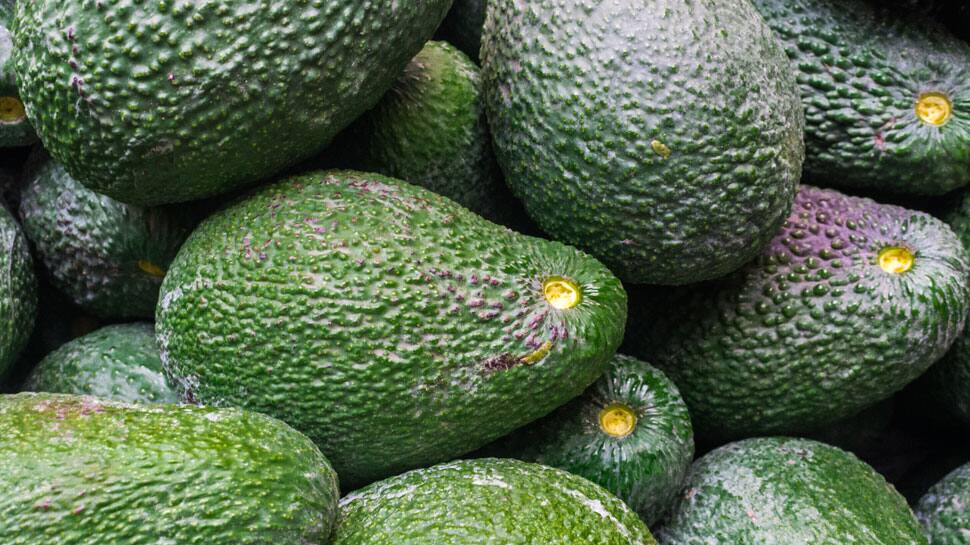
Avocados are packed with monounsaturated fats, which help reduce bad cholesterol levels while maintaining good cholesterol. Regular consumption of avocados can improve lipid profiles and support a healthy cardiovascular system.

Vegetables like spinach, kale, and mustard greens are high in fiber, antioxidants, and essential nutrients that help reduce cholesterol levels. They also contain lutein, which is beneficial for heart health, aiding in the prevention of arterial plaque buildup.
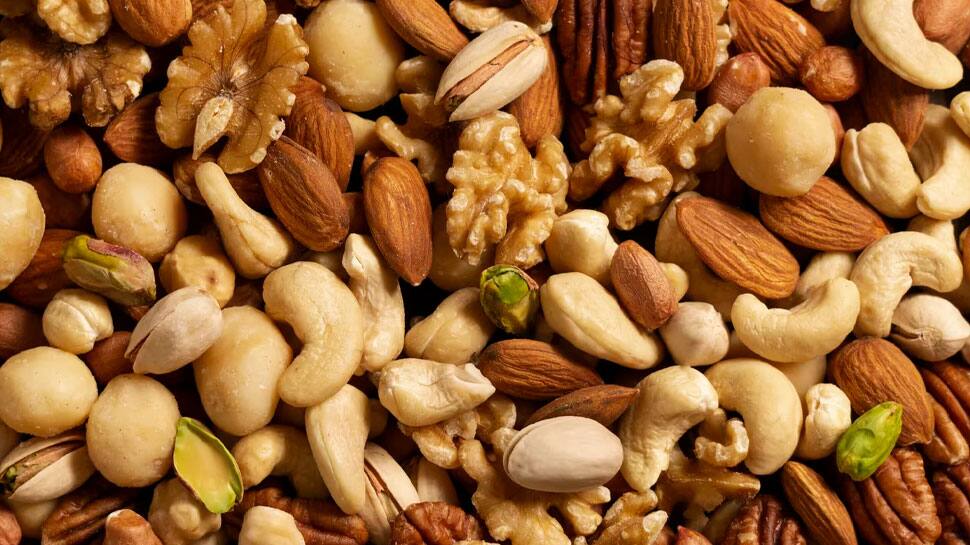
Nuts such as almonds, walnuts, and pistachios are rich in healthy fats, fiber, and plant sterols. These nutrients help lower LDL cholesterol levels and improve heart health. Consuming a small portion of nuts daily can significantly reduce the risk of heart disease.

Extra virgin olive oil is a key component of heart-healthy diets due to its high content of monounsaturated fats and antioxidants. It helps lower LDL cholesterol while raising HDL cholesterol levels, protecting against heart disease and inflammation.
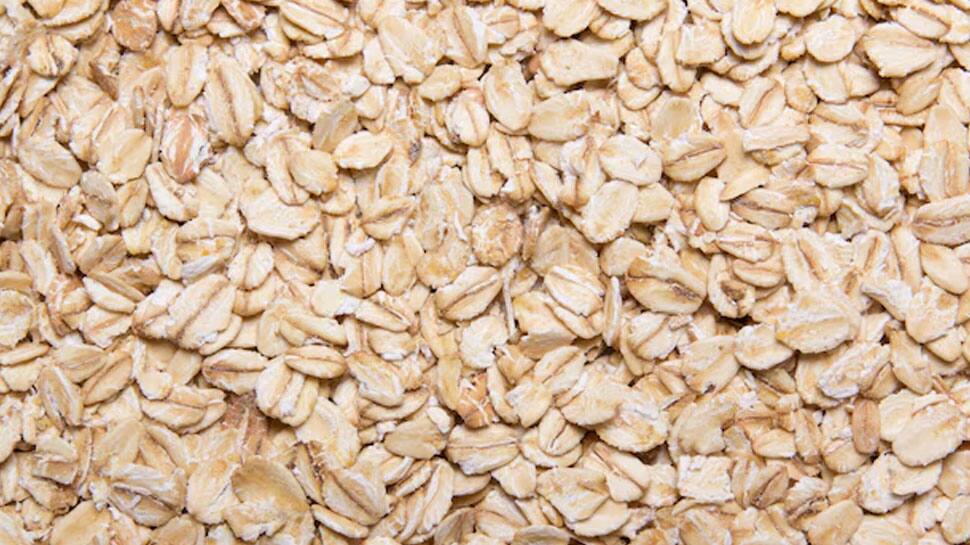
Oats are a great source of soluble fiber, particularly beta-glucan, which helps reduce bad cholesterol levels by absorbing cholesterol in the gut. Regular consumption of oats can lead to a significant reduction in total cholesterol, contributing to better heart health.
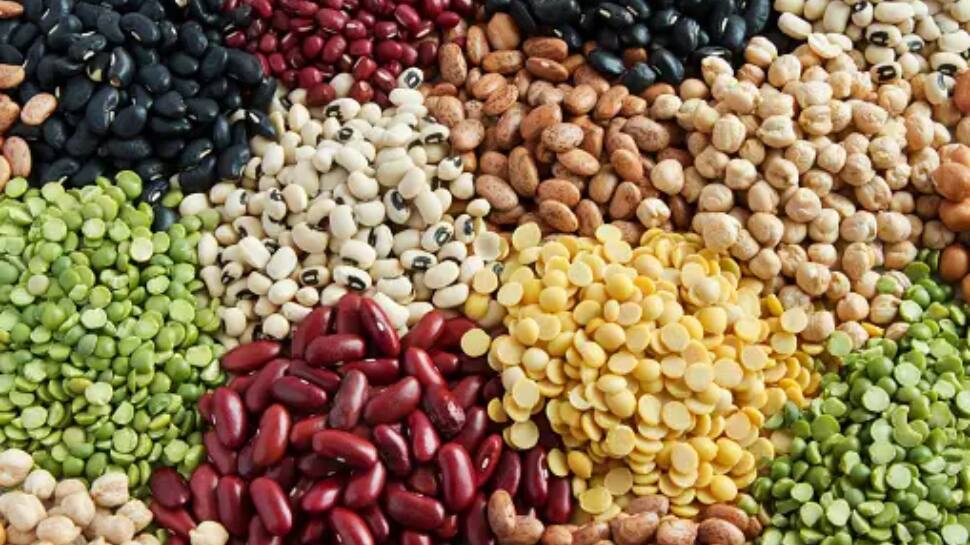
Legumes like lentils, chickpeas, and beans are high in soluble fiber and protein, making them effective in lowering cholesterol levels. They help reduce LDL cholesterol and improve overall heart health, making them an essential part of a cholesterol-lowering diet.

Garlic is known for its cholesterol-lowering properties, thanks to its active compound allicin. Regular consumption of garlic can help reduce total cholesterol levels, particularly LDL cholesterol, while also providing antioxidant benefits.
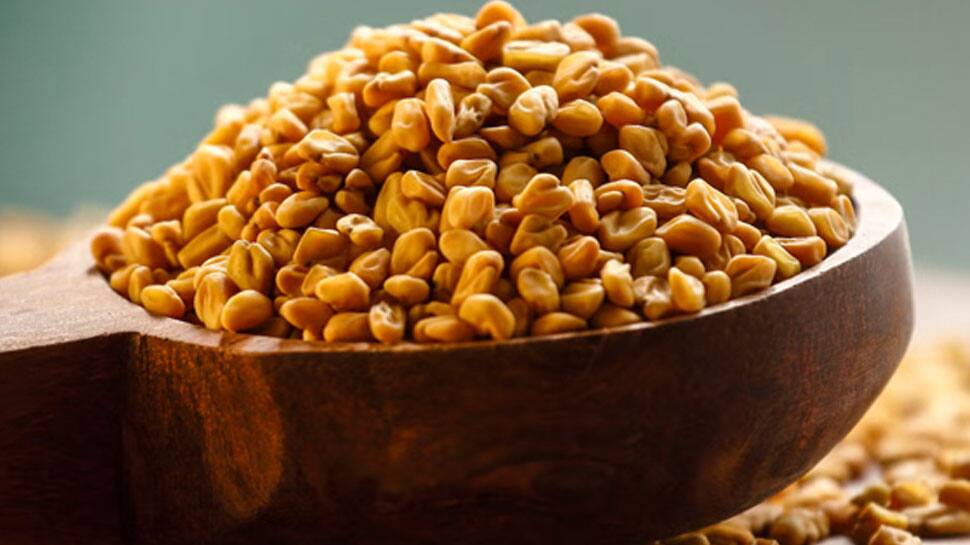
Fenugreek seeds are rich in soluble fiber, which helps lower cholesterol levels by reducing the absorption of cholesterol in the intestines. They also contain compounds that can improve lipid profiles and reduce the risk of heart disease.
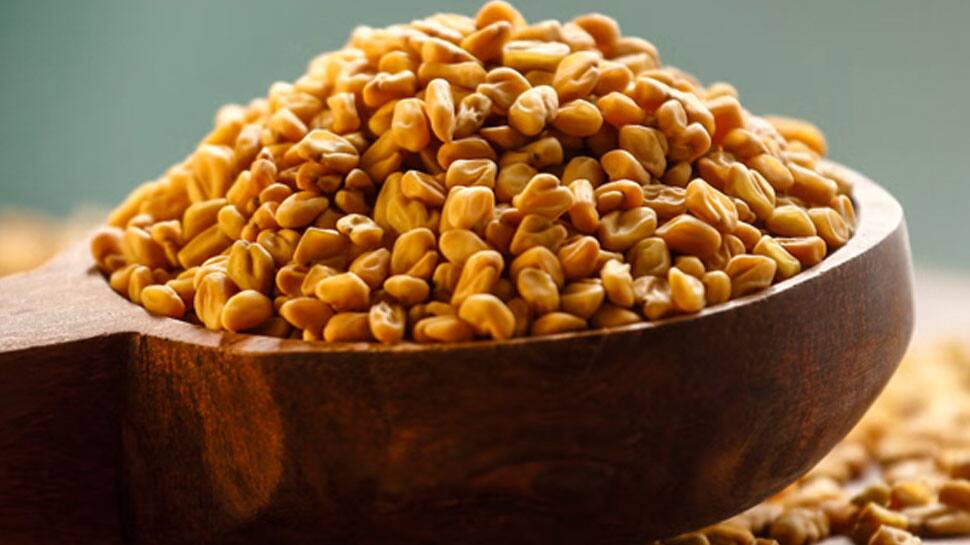
Flaxseeds are packed with omega-3 fatty acids and soluble fiber, which help reduce LDL cholesterol levels. Regular consumption of flaxseeds can improve heart health by lowering cholesterol and reducing inflammation in the arteries.

(This gallery is meant for informational purposes only and must not be considered a substitute for advice provided by qualified medical professionals.)

